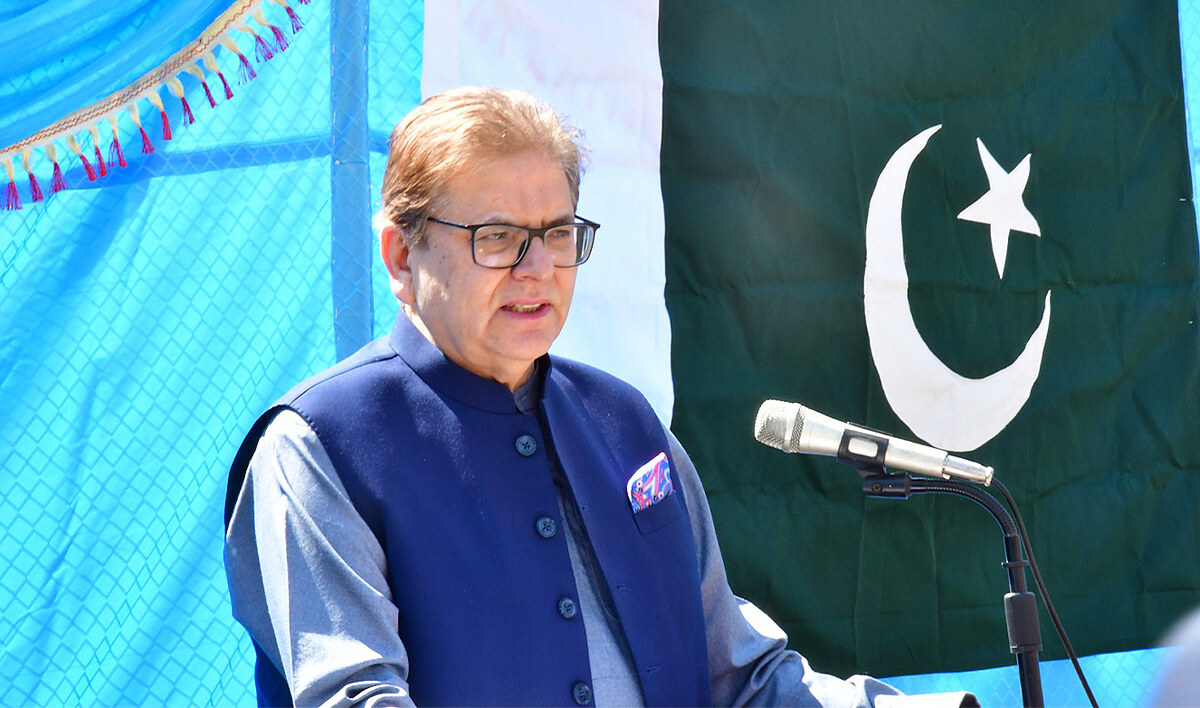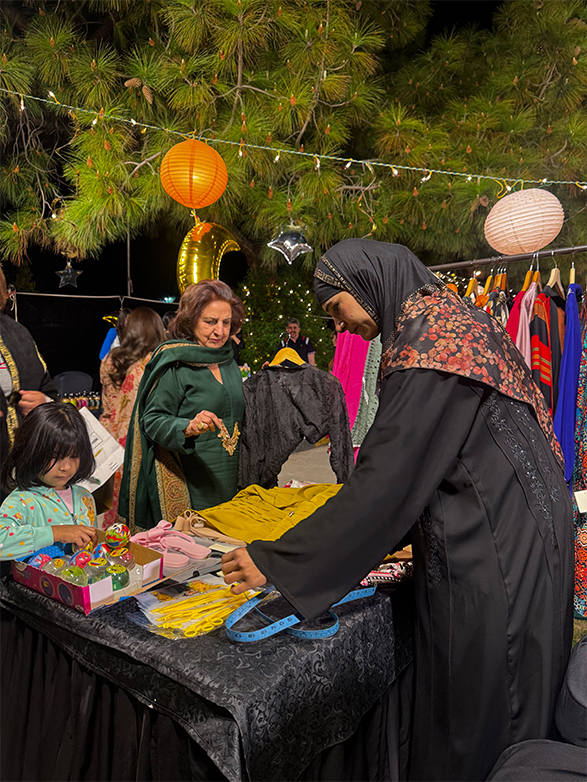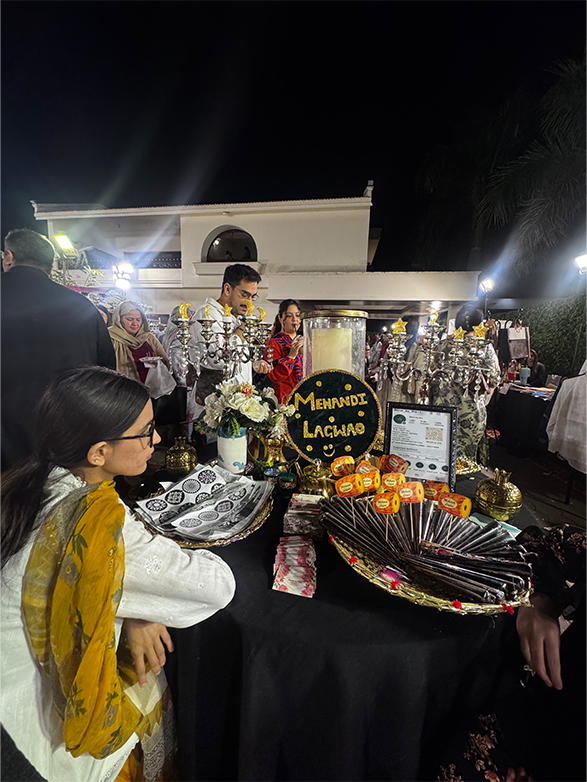QUETTA: At least nine people, including policemen, were injured after clashes broke out between police and protesters from an ethnic Baloch rights group, the Baloch Yakjehti Committee, late Friday night in the southwestern Pakistani city of Quetta, officials said.
The BYC accused law enforcement agencies of forcibly arresting its three central committee members on Wednesday and called for a protest on Sariab Road in Quetta, the capital of Balochistan province which has recent witnessed a spike in separatist attacks.
The call for protest followed a clash between protesters and the police after people attempted to take away bodies of deceased militants who were killed after the Jaffar Express train hijacking last week, according to authorities. The provincial government lodged a police case against the protesters who stormed the mortuary at Civil Hospital Quetta and booked 12 protesters on Thursday.
Last week, militants from the Baloch Liberation Army (BLA) separatist group hijacked the Peshawar-bound Jaffar Express passenger train in the rugged, mountainous Bolan region, with more than 400 passengers onboard. The hours-long siege ended after Pakistan launched an operation and killed 33 militants. The deadliest train assault resulted in the killing of over 30 Pakistani security personnel and civilians.
“The Baloch Yakjehti Committee blocked highways in Quetta and the police took legal action against the protesters who were blocking the roads,” Shahid Rind, a spokesman for the Balochistan government, said on Friday.
“The protesters pelted stones at police and tortured policemen, injuring several cops and civilians.”
The BYC was staging a sit-in on Sariab Road with bodies of three protesters, which it alleged were killed by gunfire from the authorities.
Rind said the government was ascertaining whose bodies BYC placed in their protest: “It is impossible to know the causes of death of the bodies unless the bodies were brought to the hospital for medico-legal procedure.”
Dr. Arbab Kamran Kasi, head of Trauma Center Quetta told Arab News, they had received nine injured persons, including policemen.
“Six injured with minor wounds were discharged, two are being treated and one was referred to the Combined Military Hospital,” he shared.
Dr. Mahrang Baloch, a veteran human rights activist who heads the BYC, accused police of killing three protesters by shooting at a peaceful rally in Quetta.
“We called a peaceful sit-in today on the Sariab Road in Quetta but the police attacked our protesters,” she told Arab News. “Now we have camped at Sariab Road with the bodies of three slain protesters and we won’t end the protest until justice has been provided to our slain workers.”
The office of the Quetta commissioner denied reports of firing by authorities.
“No shelling was carried out by the administration during the BYC protest. No firearms or rubber bullets were used,” it said in a statement. “Only water cannons (non-lethal and safe method) were used to disperse the crowd.”
It said the administration respects the right to peaceful protest, however, lawlessness and attacks on state institutions cannot be permitted.
Amnesty International, a global human rights watchdog, voiced alarm over the reports of deaths of three protesters and nearly a dozen injuries following live ammunition fired by authorities against the protesters in Quetta, describing it as “a shocking indictment of the Pakistani authorities’ utter disregard for human life.”
“In blatant violation of the right to protest, the authorities conducted mass arrests and fired tear gas before resorting to unlawful use of lethal weapons against the unarmed protesters. Mobile networks in the city remain suspended, hindering free flow of information,” it said on X.
“Amnesty International urges the Pakistani authorities to immediately stop the reckless crackdown against the peaceful protesters and guarantee the right to freedom of peaceful assembly and expression, in line with Pakistan’s international human rights obligations.”
Balochistan is Pakistan’s largest province by land but its most backward by almost all economic and social indicators. For decades it has been plagued by a low-level insurgency by militants fighting for a greater share of the province’s wealth.
Separatist militants, such as the Baloch Liberation Army (BLA) accuse the central government of denying locals a share of Balochistan’s mineral resources. The federal government and the military strongly deny these accusations, and say they have launched several projects in the province to support its development.
Violence by Baloch separatist factions, primarily the BLA, killed about 300 people last year, according to official statistics, marking an escalation in the decades-long conflict.
At least nine injured as police, ethnic Baloch protesters clash in Pakistan’s southwest
https://arab.news/papy3
At least nine injured as police, ethnic Baloch protesters clash in Pakistan’s southwest

- The clashes erupted during a protest by the Baloch Yakjehti Committee rights group over the arrest of three of its key members by authorities this week
- Balochistan, Pakistan’s largest province by land, has been the site of an insurgency for decades and has witnessed a surge in violence in recent months



















